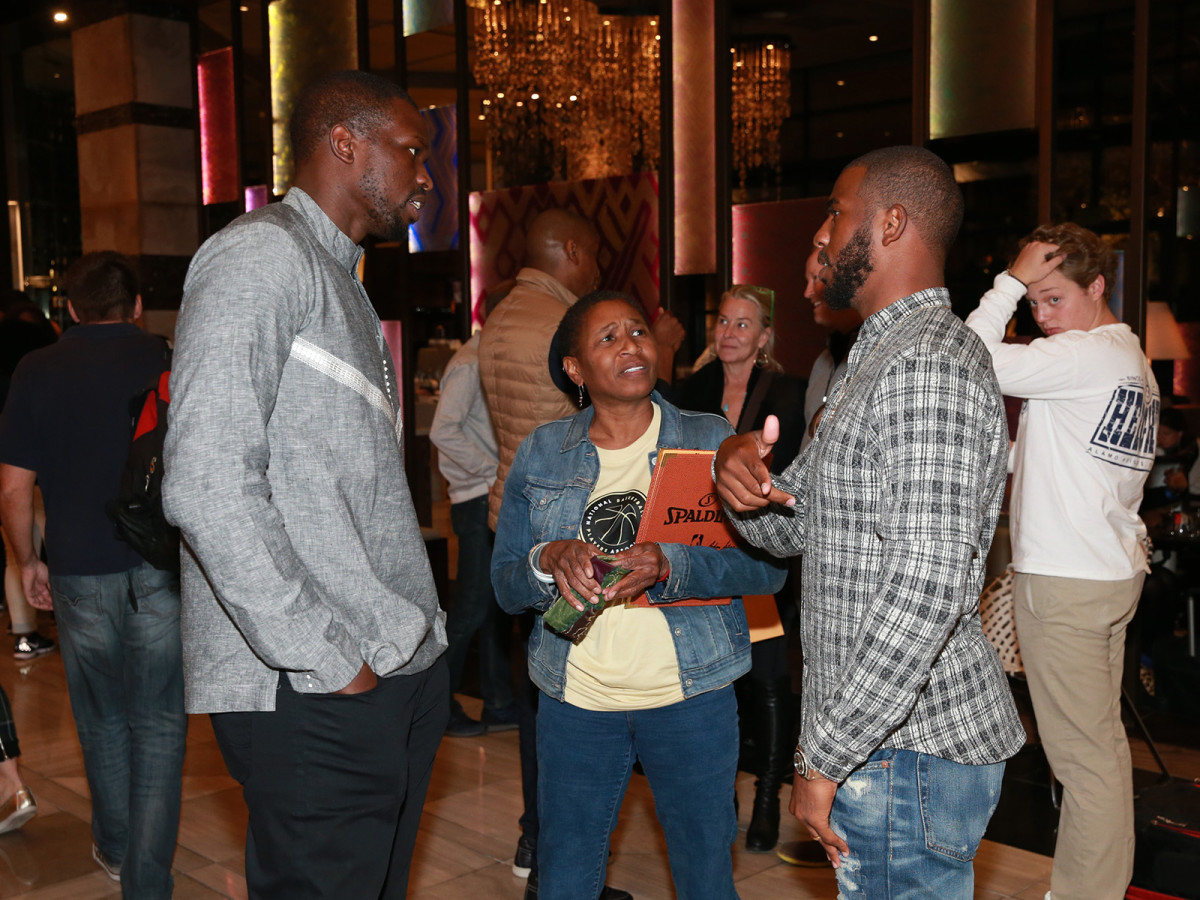Why the Rockets’ Record Sale Could Have Wide-Ranging Implications

The Houston Rockets reportedly sold for $2.2 billion Tuesday, breaking the record for the sale price for an NBA team. The cost to own an NBA team has skyrocketed in just over three years. In 2014, the Milwaukee Bucks sold for a then-record $550 million dollars, their sale coming months after Forbes valued them the lowest amongst the league’s 30 teams.
It’s no secret NBA players are acutely aware of the quickly increasing sale prices around the league. LeBron James was tweeting in similar circles earlier this summer when he questioned why the league had a salary cap, implying that players like him and Stephen Curry—who signed a $201 million extension in July—actually deserve much more money.
Reports: Rockets Sold to Houston Billionaire Tilman Fertitta for Record $2.2 Billion
James, of course, is right. In a true open market, with no cap on salaries, players like James and Curry are worth considerably more than what a max slot allows. Not only on the court, where having a mega-superstar like James has all but assured Cleveland (and Dan Gilbert) a trip to the NBA Finals the last three seasons.
Off the court, James’s financial value to the Cavs and city of Cleveland is massive, and perhaps immeasurable. All those Finals trips mean more home games and more money for Gilbert. The Cavs’ outsized exposure to a national audience is almost entirely due to LeBron, and he’s basically the No. 1 reason that franchise has had any relevance in the 21st century.
Of course, to some degree, all of this has been said before. It’s no secret or giant revelation in 2017 to know that many players are underpaid because of artificial financial restrictions—restrictions owners like Leslie Alexander would never face when having to sell their team.

So now the question becomes: What will NBA players do about this?
The salary cap is almost definitely never going away. Too many small market teams would cry foul, and the league already has some competitive balance issues in a post-Durant-on-the-Warriors world. But when the players’ association has a chance to opt out of the current CBA in 2022, there could (and should!) be a fight over the split of basketball-related income.
The Awkward Dynamic Between Derrick Rose and the Cavaliers
BRI was a big issue during the 2011 lockout. Back then, players received 57% of BRI, which helped set the salary cap figure, while owners received the remaining 43%. The last two CBAs have reduced that split significantly for players, who now receive somewhere between 49-51% of BRI based on a complicated set of factors best left explained by Michael McCann.
Players were able to swallow their BRI-share reduction in previous negotiations because money flooding into the league (thanks largely to TV contracts) meant they would be making more money any way. But players are savvier now more than ever, and if their skills are intrinsically tied to the value of NBA franchises, shouldn’t they in some way be capitalizing on skyrocketing franchise values as well?
It will be interesting to see who leads this fight. Players like James and Chris Paul played a large role in previous negotiations, but they will both be on the tail-end of their careers by 2022. Will the generation before them continue to carry the flag for player empowerment? Will the league’s middle class balk at the thought of the union’s richest continuing to control its agenda? The answers to those questions will go a long way in determining how contentious the next round of CBA negotiations will be.
For now and the immediate future, the sale of the Rockets and/or any other team shouldn’t have any kind of tangible effect on the NBA or how its run. But if franchise values continue to increase at a rate much higher than player salaries, mostly because of the value of the players themselves, the league could be looking at its next biggest bargaining hurdle.
